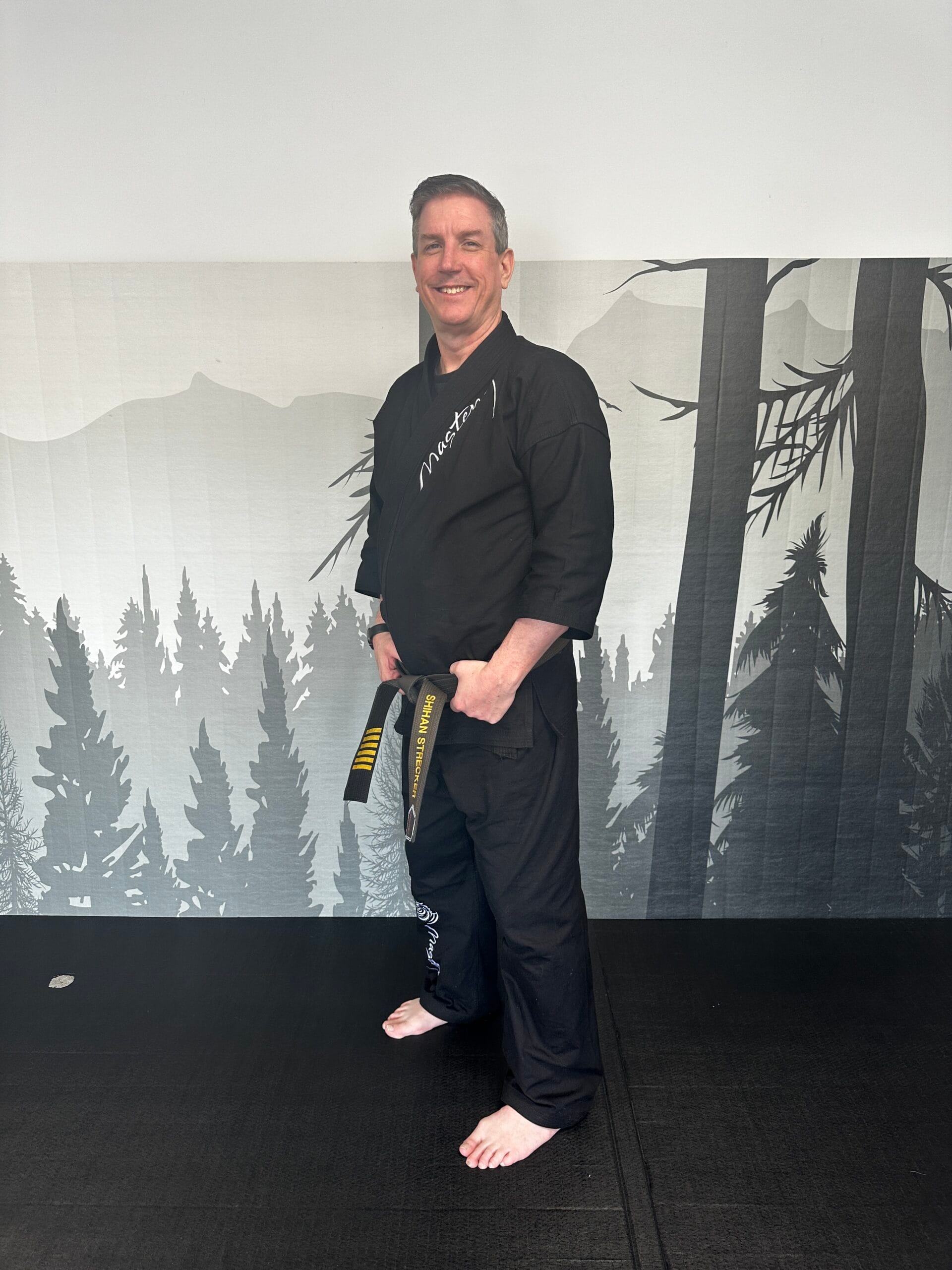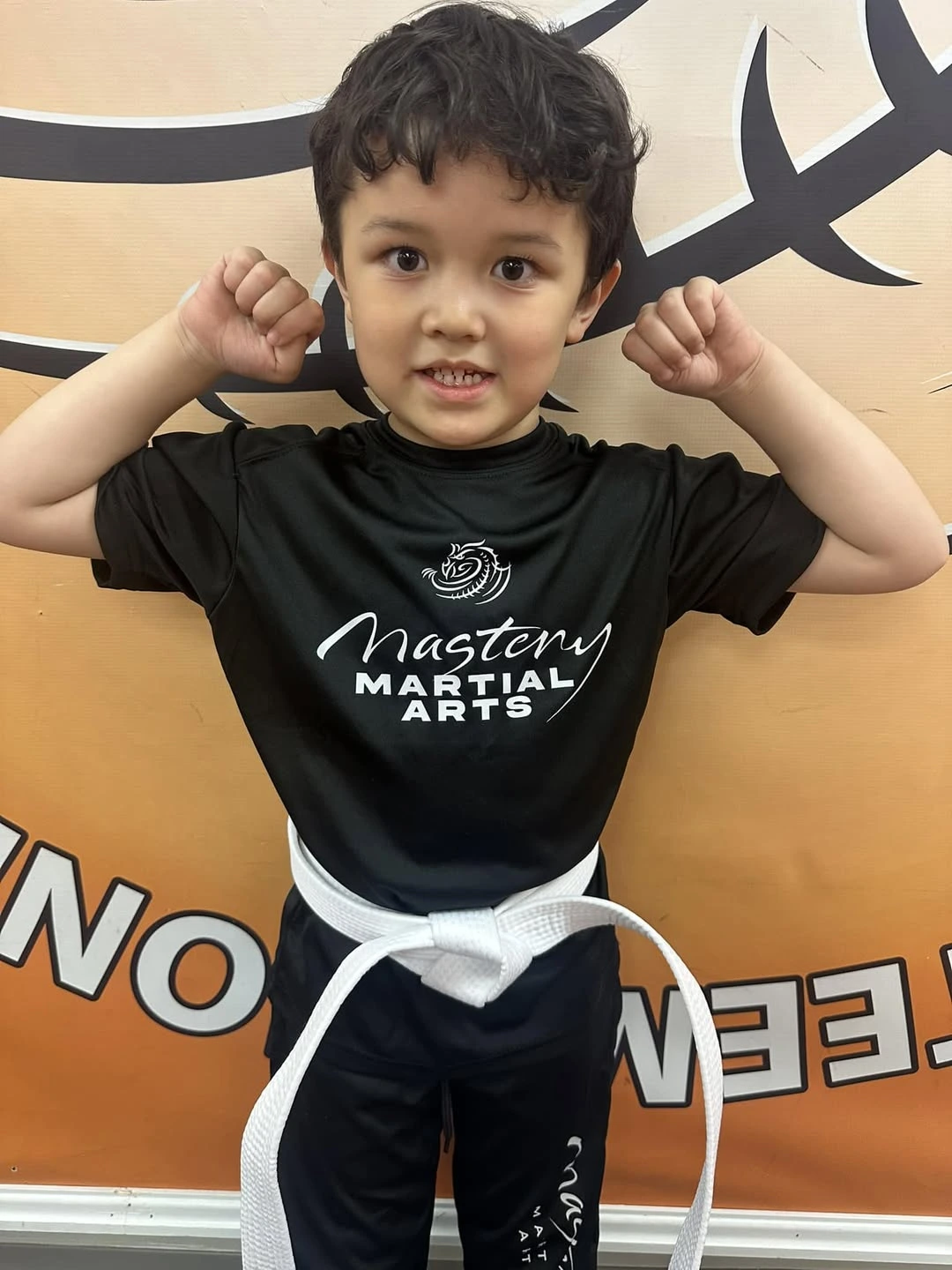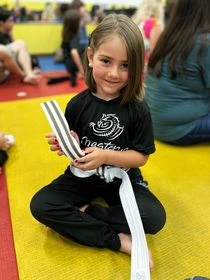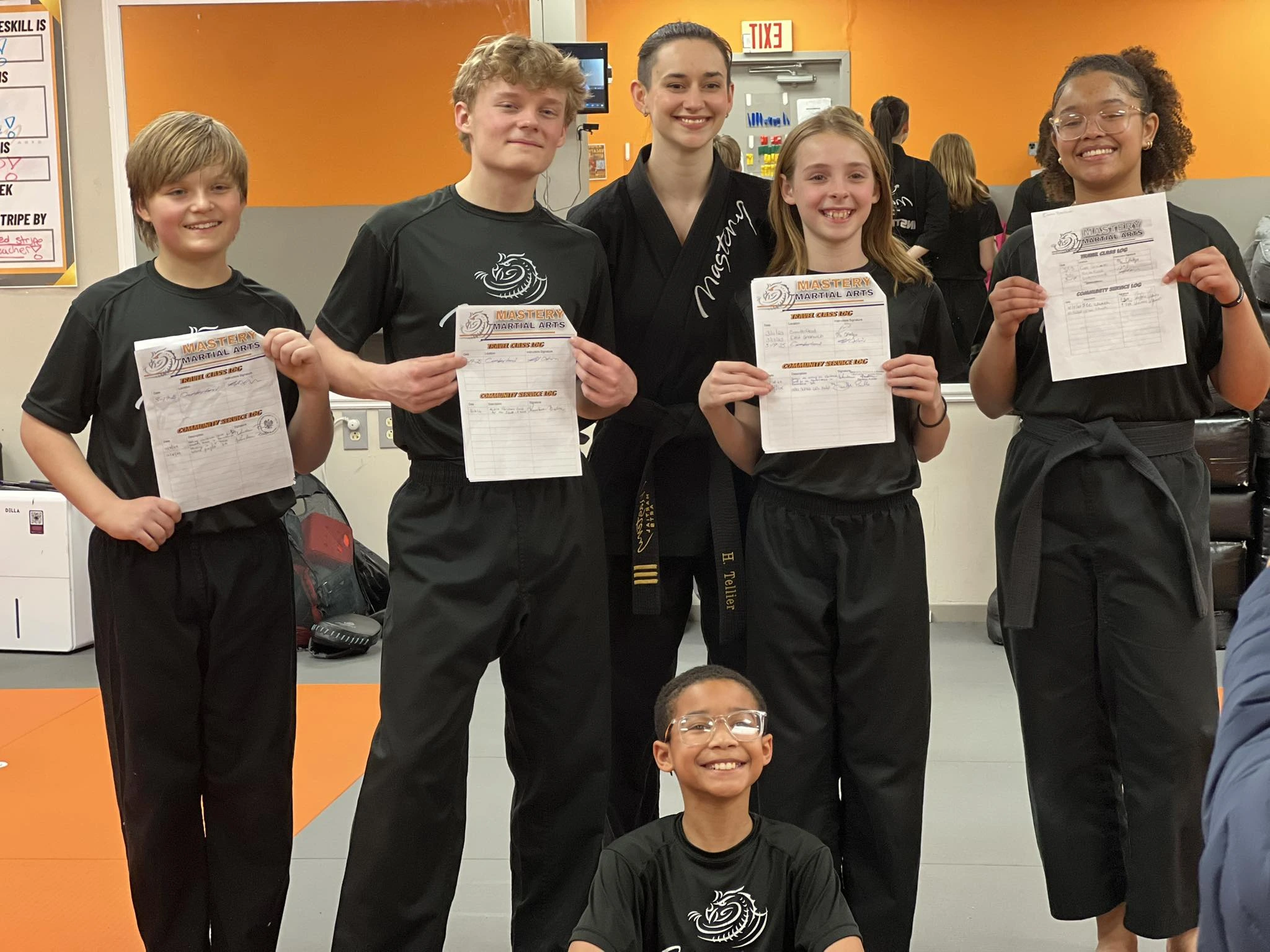Karate can be one of the most rewarding extracurricular activities for your child. Many karate schools with children’s programs help kids develop confidence, discipline, and physical fitness. In fact, a systematic review of martial arts for children showed significant improvements in their agility, strength, and balance, pointing to the real benefits of structured training. Below, you’ll learn how age-appropriate karate can transform your child’s growth, what qualities to expect in a good instructor, and why choosing the right karate school can set long-term foundations for success.
Why Karate Fosters Confidence
Karate involves more than kicking and punching. It’s a process that nurtures self-belief in a supportive environment. When your child steps onto the mat, they learn to set goals, receive immediate feedback on technique, and celebrate small achievements. This positive cycle boosts self-esteem and teaches perseverance.
- Research Highlights
- Children in martial arts programs often enjoy measurable fitness gains, such as better heart health and improved flexibility.
- Karate’s ranking system offers tangible milestones (belts) that motivate kids to keep going.
Good news, building confidence through karate is easier than it might sound. Instructors show children how consistent effort leads to steady progress, making each belt level a reminder that your child can achieve more than they thought possible.
What Age-Appropriate Training Looks Like
Karate programs differ by age group, so it pays to look for a school that tailors classes to your child’s developmental stage. Here’s a quick breakdown:
- Toddlers (Ages 3–6)
- Emphasis on play-based learning and fun movements.
- Short sessions with plenty of encouragement.
- Teaches coordination through simple kicks, punches, and blocks.
- Kids (Ages 7–12)
- Builds on basic techniques while maintaining a positive, respectful setting.
- Focuses on discipline, self-control, and age-appropriate challenges.
- Introduces controlled sparring with clear safety guidelines.
- Teens (Ages 13 and Up)
- Targets advanced techniques and personal responsibility.
- Encourages SMART goal setting and leadership skills.
If you want a glimpse into how other families feel about these kinds of classes, check out our kids karate classes reviews. You’ll see how structured programs boost children’s motivation and help them thrive at home and school.
Key Instructor Credentials To Check
A capable instructor ensures lessons are effective and safe. Before joining any children’s karate program, ask about:
-
Black Belt Certification
-
Confirms mastery of techniques and a deep understanding of karate principles.
-
Teaching Experience
-
Look for instructors who adapt to each age group and have First Aid training.
-
A supportive approach that blends discipline with fun goes a long way in keeping kids motivated.
-
Additional Skills
-
Some instructors incorporate other disciplines, such as tai chi or track-style drills, to broaden the physical benefits of karate.
These qualifications matter. An experienced teacher can prevent injuries, fine-tune each student’s form, and make the environment positive for everyone.
How To Find The Right Program
Choosing the best karate school for your child might feel overwhelming, but it doesn’t have to be. Here’s a simple plan:
- Visit Multiple Dojos
- Observe a class to see how instructors interact with children.
- Notice whether students look engaged and comfortable.
- Ask About Class Structure
- Request details on warm-ups, skill-building drills, and cool-downs.
- Inquire about the instructor’s teaching style and level of parent involvement.
- Check for Community Vibe
- Look for a friendly environment where respect and encouragement are core values.
- A family-oriented school helps children feel safe as they learn new skills.
- Confirm Progress Tracking
- Good schools use belt ranking or digital tracking to mark each milestone.
- This sense of direction keeps your child motivated.
Moving Forward With a Trusted Choice
If you’re in Michigan, Mastery Martial Arts in Troy stands out for its commitment to holistic growth. You’ll find kids’ classes tailored to different ages, a leadership program that teaches values like empathy, and a welcoming community for families. Feel free to visit their site at Mastery Martial Arts – Troy to learn more about schedules and enrollment details.
Karate can do wonders for your child—physically, mentally, and socially. As you explore karate schools with children’s programs, remember to look for age-appropriate lessons, qualified instructors, and a positive atmosphere. When you find the right match, you’ll see your son or daughter gain confidence, improve fitness, and bring new life skills into every part of their day.





0 Comments